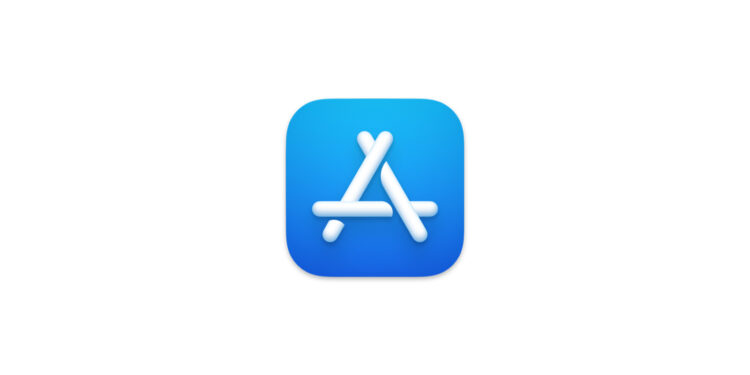Apple is once again at the center of a debate about its fee policy in the App Store. New information shows that even within the company not everyone agreed with the controversial 27% fee for external purchases. Phil Schiller, one of the leading minds at Apple and responsible for the App Store, had strong reservations about the introduction of this fee. His concerns mainly concerned the relationship between Apple and the developers and the challenges of enforcing the fee. Nevertheless, the measure was implemented.
The conflict between Apple and Epic Games began in 2020 when Epic tried to circumvent Apple's fee regulations. Instead of using Apple's own payment system as required, Epic built its own payment option into its iOS version of Fortnite. Apple responded by excluding Fortnite from the App Store, whereupon Epic filed a lawsuit. In 2021, the judge in charge, Yvonne Gonzalez Rogers, ruled that Apple does not have a monopoly on the app market, but is acting anti-competitively. She obliged Apple to allow developers to offer alternative payment methods. Apple then introduced a new regulation that allows developers to refer to external payment options - but with a 27% fee on these transactions. This measure has sparked a debate about whether Apple is really following the spirit of the ruling or has just found a new way to secure its revenue.
Phil Schiller's concerns about the fee
Phil Schiller, who has worked at Apple for decades and plays a central role in App Store management, was against the introduction of the 27 % fee. In court he explained (via AP News) that he was particularly concerned about three aspects:
- The relationship between Apple and developers: An additional fee for external purchases could further worsen the already strained relationship with developers. Schiller feared that Apple would no longer be seen as a partner, but as a "debt collection agency".
- Implementation and compliance issues: This rule would require Apple to collect payments from developers that take place outside of the App Store, which could lead to legal difficulties and enforcement issues.
- The impact on user experience: Internal Apple analysis has shown that a "less seamless experience" when making external purchases leads to users being more likely to return to Apple's payment system. Schiller feared that this strategy could have negative consequences for customer satisfaction.
Why was the fee introduced anyway?
Despite Schiller's objections, a pricing committee at Apple, which included CEO Tim Cook, former CFO Luca Maestri and the legal department, decided to introduce the fee. The reasoning was that Apple must continue to earn money from transactions facilitated through the App Store - even if the payment is processed via external channels. The fee is 27 % and is charged on purchases made within seven days of clicking on an external payment link. For developers in the Small Business Program, the fee is 12 % instead of the usual 15 %.
The reaction of the developers and Epic Games
There is strong criticism of this regulation from developers. Tim Sweeney, CEO of Epic Games, accuses Apple of not adhering to the court ruling. The 27% fee and other restrictions make it unattractive for developers to offer alternative payment methods. Another point of criticism is the seven-day deadline: Apple only charges a fee on external purchases if the user completes the purchase within a week of clicking on an external payment link. This regulation means that many developers continue to use the Apple payment system to avoid uncertainty.
The current legal disputes
Further hearings are currently underway on the question of whether Apple is violating the original court order with the 27% fee. What is particularly controversial is that, according to Judge Gonzalez Rogers, some Apple witnesses can only vaguely remember how exactly the new regulation came about. Court documents show that Apple has conducted detailed analyses of how external purchases affect the completion rate of transactions. The company has specifically investigated how developers can be brought back to Apple's in-app purchasing system. If the court decides that Apple is circumventing the intent of the original ruling, the company could be forced to adjust its fee structure again or make further changes.
App Store: Apple defends its fees – but criticism remains
For developers, the use of external payment systems remains hardly an attractive option due to the 27 % fee. The minimal savings compared to the 30 % fee in the App Store make the switch not worthwhile for many. Apple defends its model by arguing that it ensures security and a consistent user experience. Critics, however, see it as a strategy to secure the App Store as the main source of income. The next few months will show whether the court will force Apple to make further changes or whether the 27 % regulation will remain. However, the discussion about the power of the App Store and competition in the digital economy is far from over. (Image: Apple)
- Apple expands: New chip factory to produce M5 chips
- MacBook Air M4: Benchmark reveals strong GPU performance
- Apple strengthens the US market – a smart move against tariffs?





